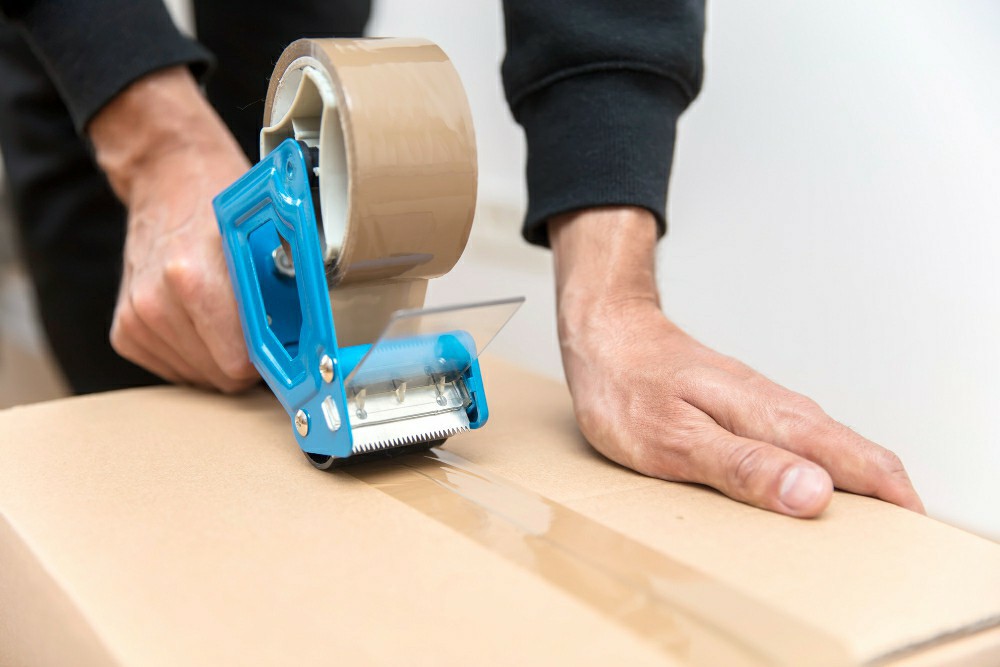


 349,500 Offered Certificates
349,500 Offered Certificates
 24/7 Online Training
24/7 Online Training
 Money Back Guarantee
Money Back Guarantee
 Fully Accredited Courses
Fully Accredited Courses

Created at: 16-11-2024 18:59
In the healthcare industry, manual handling is an integral aspect of daily operations. It involves various tasks like lifting, supporting, and transporting patients. However, improper manual handling can lead to severe injuries not only for healthcare workers but also for the patients they care for. Therefore, manual handling-first training is crucial for ensuring safety in healthcare settings across Ireland.
Manual handling can present risks, especially in environments where healthcare professionals frequently interact with patients who may need assistance. Without proper training, the likelihood of injuries rises considerably. Here are some reasons why manual handling-first training is vital:
Many professionals need to equip themselves with the knowledge gained from a manual handling-first safety course. Key groups include:
With the evolving nature of work, Ireland offers flexible options for manual handling-first certification Ireland. Many providers, including Ireland Safety Training, offer manual handling-first online courses, catering to busy professionals. Courses can be accessed from Dublin, Cork, Galway, and other locations, allowing flexibility and convenience.
Obtaining a manual handling-first certification is straightforward:
In a profession where the well-being of both caregivers and patients is at stake, ensuring that your team undergoes certified manual handling-first training is non-negotiable. Not only does it enhance workplace safety, but it also cultivates an environment of responsibility and care.
Don’t leave safety to chance. Ensure your team is trained and certified in manual handling. For more information about our trained professionals and available courses, contact us at [email protected] or visit Ireland Safety Training.